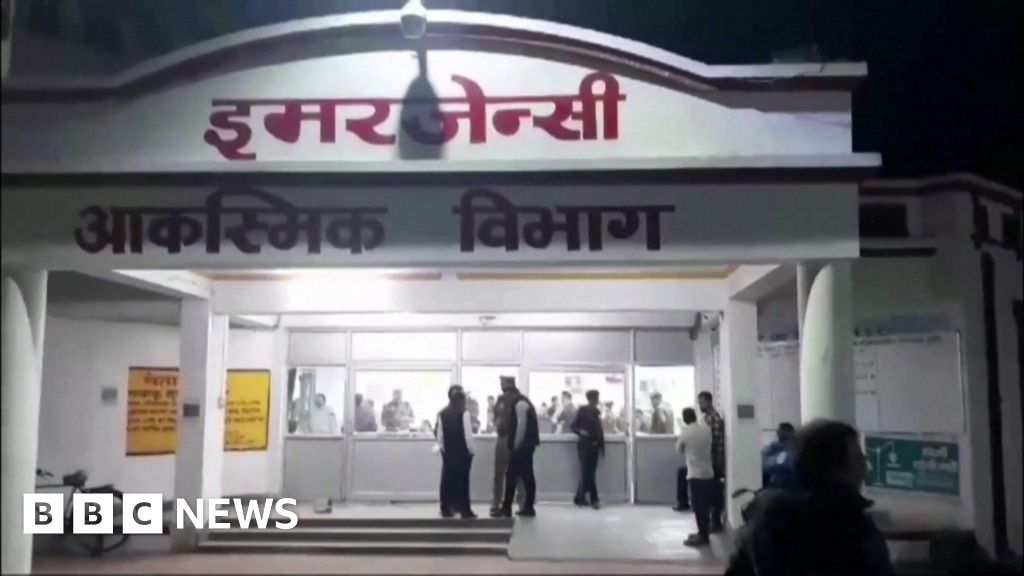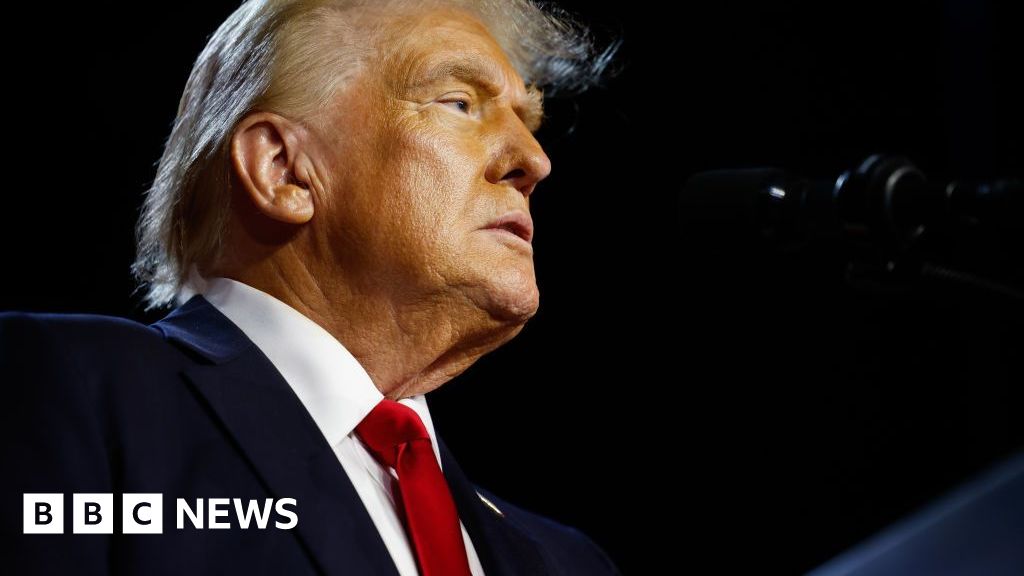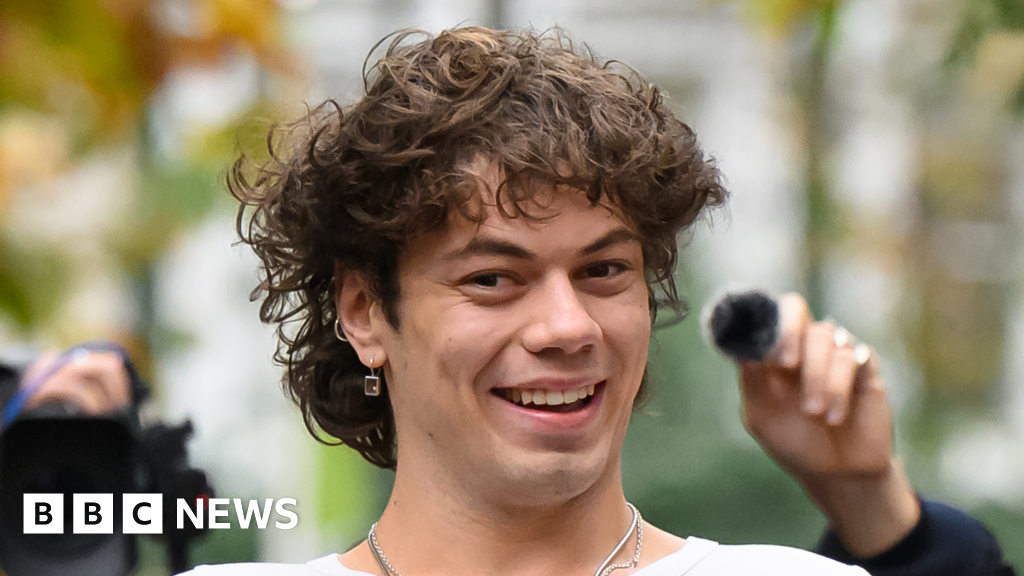ARTICLE AD BOX
Image source, EPA
Image caption,Cafes, museums, and cinemas across the Netherlands must now be closed between 17:00 and 05:00 local time (16:00-04:00 GMT)
A partial lockdown has come into force in the Netherlands, amid record Covid cases and concerns over the potentially more infectious new Omicron variant.
For at least the next three weeks, hospitality and cultural venues such as cafes, museums, and cinemas must close by 17:00 local time (16:00 GMT).
The authorities consider the measures critical to protect the country's hospitals from becoming overwhelmed.
Meanwhile, some 61 people are currently being tested for the new variant.
They all have recently arrived on two KLM flights from South Africa, where Omicron was detected earlier this month. The passengers tested positive for Covid-19 and have been quarantined at a hotel near Amsterdam's Schiphol airport while they undergo further tests, Dutch officials said.
The World Health Organization (WHO) has said variant is "of concern", with early evidence suggesting a higher re-infection risk.
A number of countries around the world have now banned flights to and from South Africa and several neighbouring nations.
Three weeks of restrictions for shops, sport and catering were announced by Dutch Prime Minister Mark Rutte earlier this month.
The Netherlands has a shortage of intensive care beds, operations are being cancelled and hundreds of people are dying of Covid every week, the BBC's Anna Holligan in The Hague reports.
More than 22,000 new daily cases were reported on Friday, and the new rules are designed to bring the record-high infection rate under control, our correspondent says.
- Non-essential shops must be shut between 17:00 and 05:00 local time
- The 17:00 closure applies to cinemas, theatres, and saunas as well as "contact professions"
- Supermarkets, chemists and wholesalers must be closed between 20:00 and 05:00
- Indoor and outdoor sport facilities must close at 17:00
- But evening training sessions and sports matches for professional athletes may continue
- A maximum of four guests aged over 13 are allowed at people's homes
- As many people should work from home as possible
During the lockdown, nurseries, schools and universities across the country will stay open.
Thousands of protesters took to the streets shortly after the government made the lockdown announcement.
In The Hague, police used water cannon to disperse the crowds.
Meanwhile, a spokesman for the Dutch catering industry told public broadcaster NOS that the government had "crossed a line".
The Netherlands has had nearly 20,000 confirmed Covid-related deaths since the pandemic started.
Watch: Fireworks and chaos on the streets as Dutch Covid riots continue

 2 years ago
173
2 years ago
173








 English (US)
English (US)